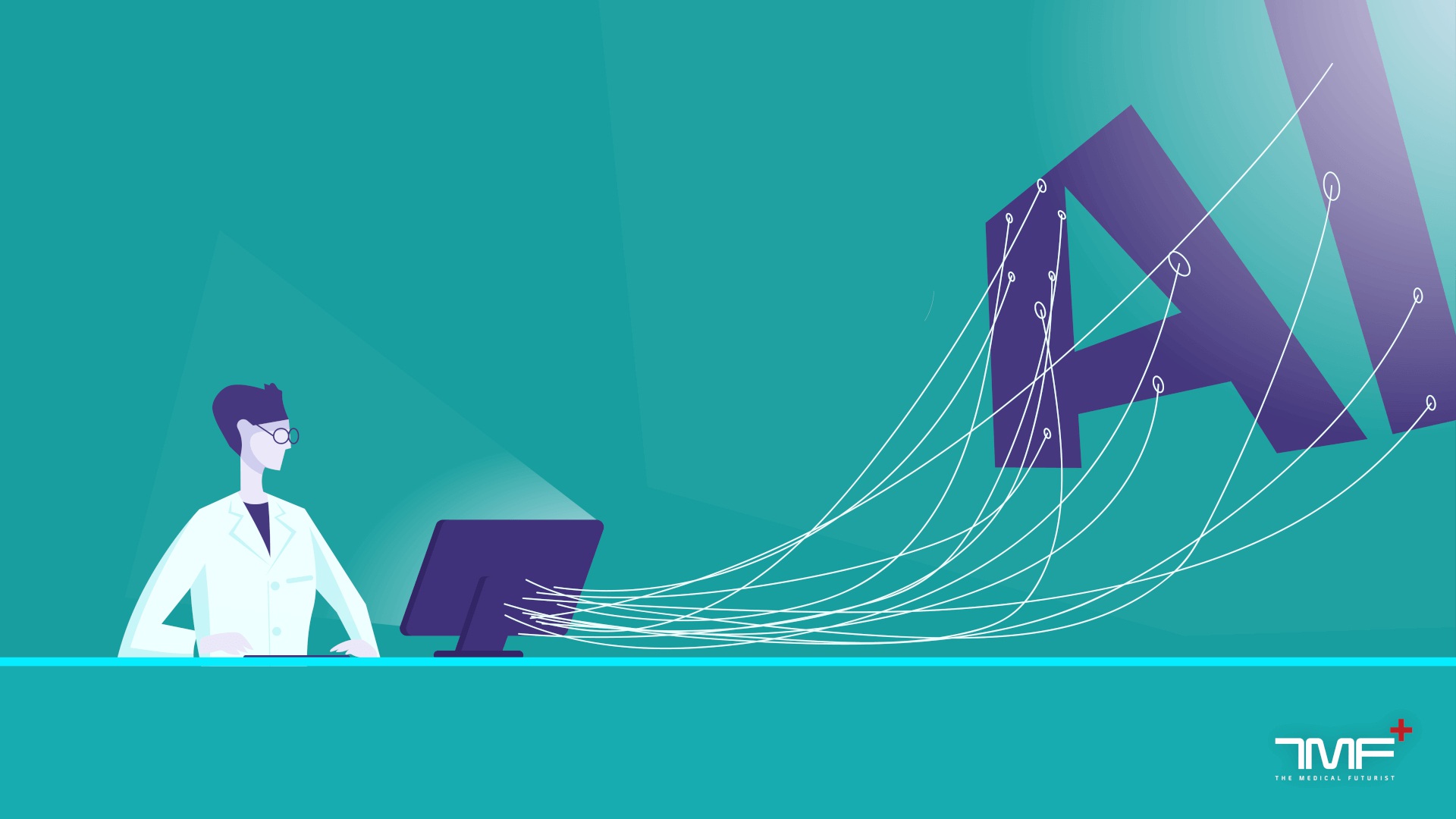
@ShahidNShah


When you hear the word "coding," you generally think of programmers creating software. Despite the fact that this still holds true in the age of digital health, medical coding has historically related to a particular procedure. It entails the transformation of medical records—typically taken from clinicians' texts—into structured codes based on a system of classification for the right patient diagnosis and pertinent procedure. As a result, clinical data are reliable and comparable throughout time and between healthcare divisions. Following that, such information can be utilized to inform pertinent research, policy, and, in the case of the US, for billing requirements. Clinical coding requires human labor, which takes time despite being important. One clinical coder can code, for instance, in NHS Scotland.
Continue reading at medicalfuturist.com
In recent years, the number of digital healthcare items has skyrocketed. It is evident that many, however, have not undergone a thorough review of their efficacy, safety, and usefulness to patients or …
Posted Jun 6, 2023 Digital Health Reimbursement Updates
Connecting innovation decision makers to authoritative information, institutions, people and insights.
Medigy accurately delivers healthcare and technology information, news and insight from around the world.
Medigy surfaces the world's best crowdsourced health tech offerings with social interactions and peer reviews.
© 2025 Netspective Foundation, Inc. All Rights Reserved.
Built on Apr 17, 2025 at 6:07am